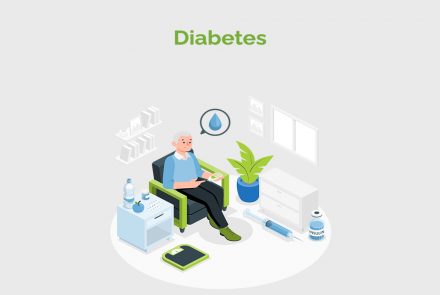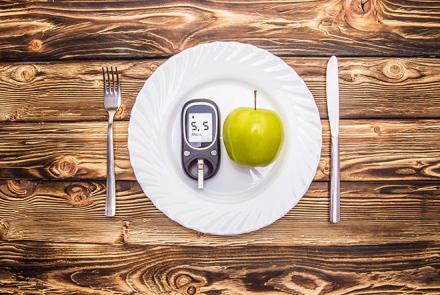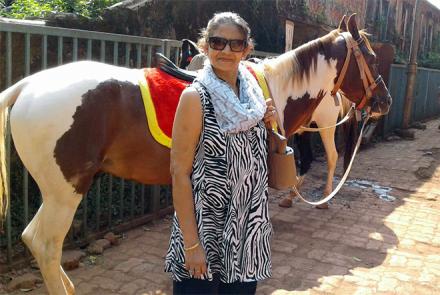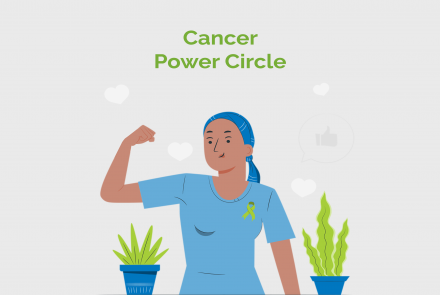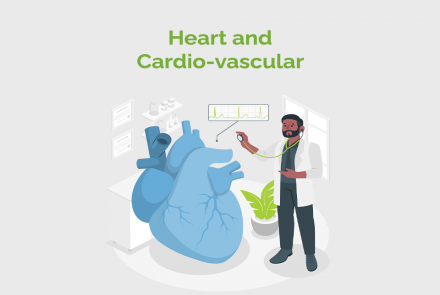Pre-diabetes, Type 1, Type 2, Gestational, Complications, Diet and Nutrition, Yoga for Diabetes, Personal stories, News and Views, Discussions. Focus on Prevention and Management
Latest Communities
- This Community will address questions and discussions on all forms of Cancer. We will support each other - patients and…
- Pre-diabetes, Type 1, Type 2, Gestational, Complications, Diet and Nutrition, Yoga for Diabetes, Personal stories, News…
- Hypertension, High Blood Pressure, High Cholesterol, Heart Failure, Heart Disease, Cardiac Arrest, Heart Attack,…

